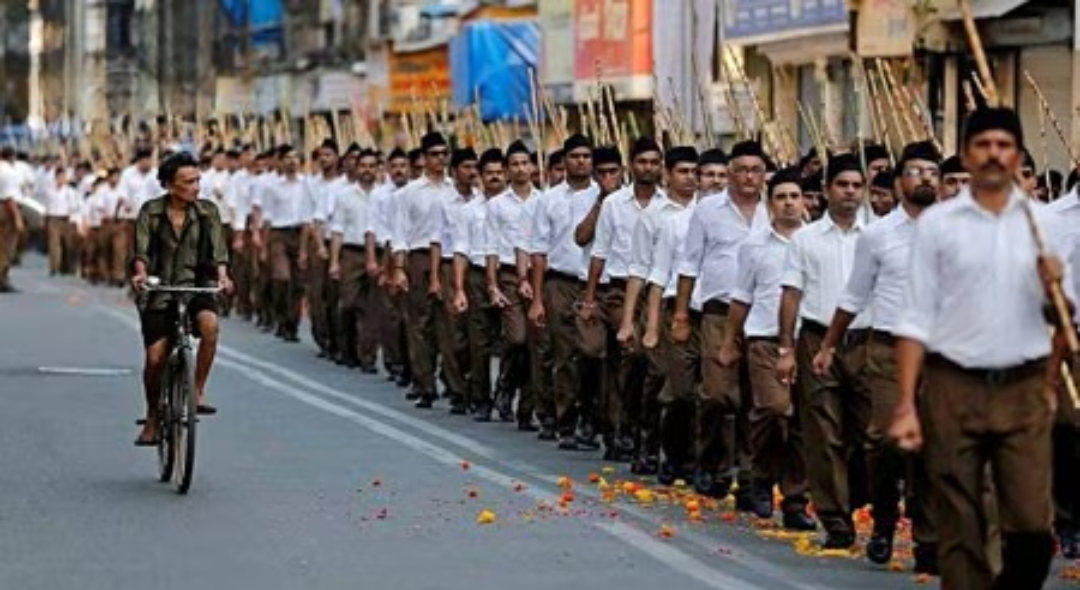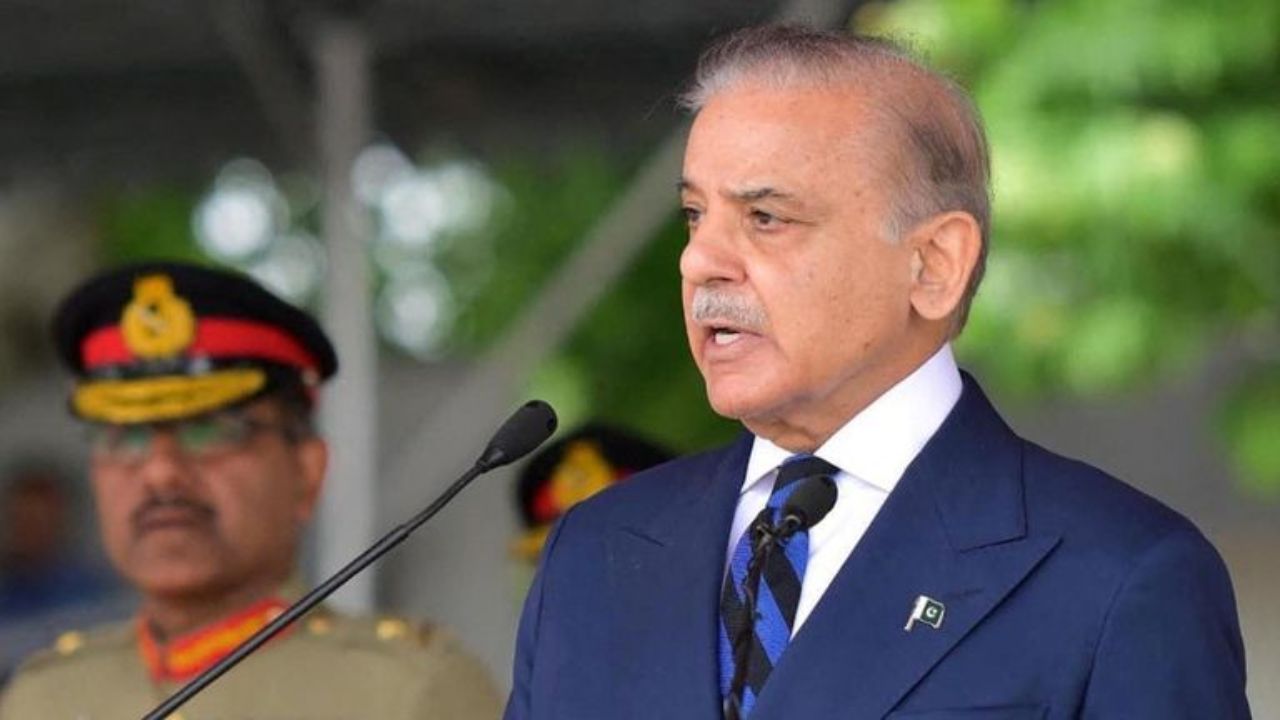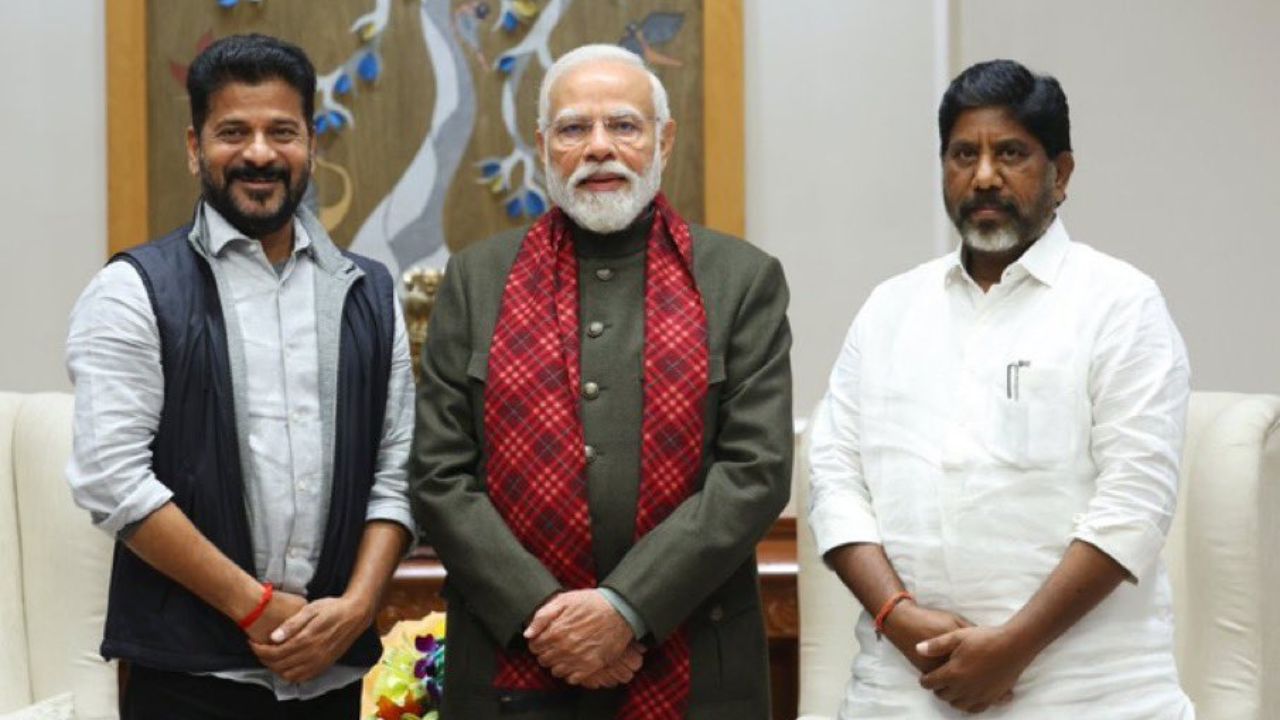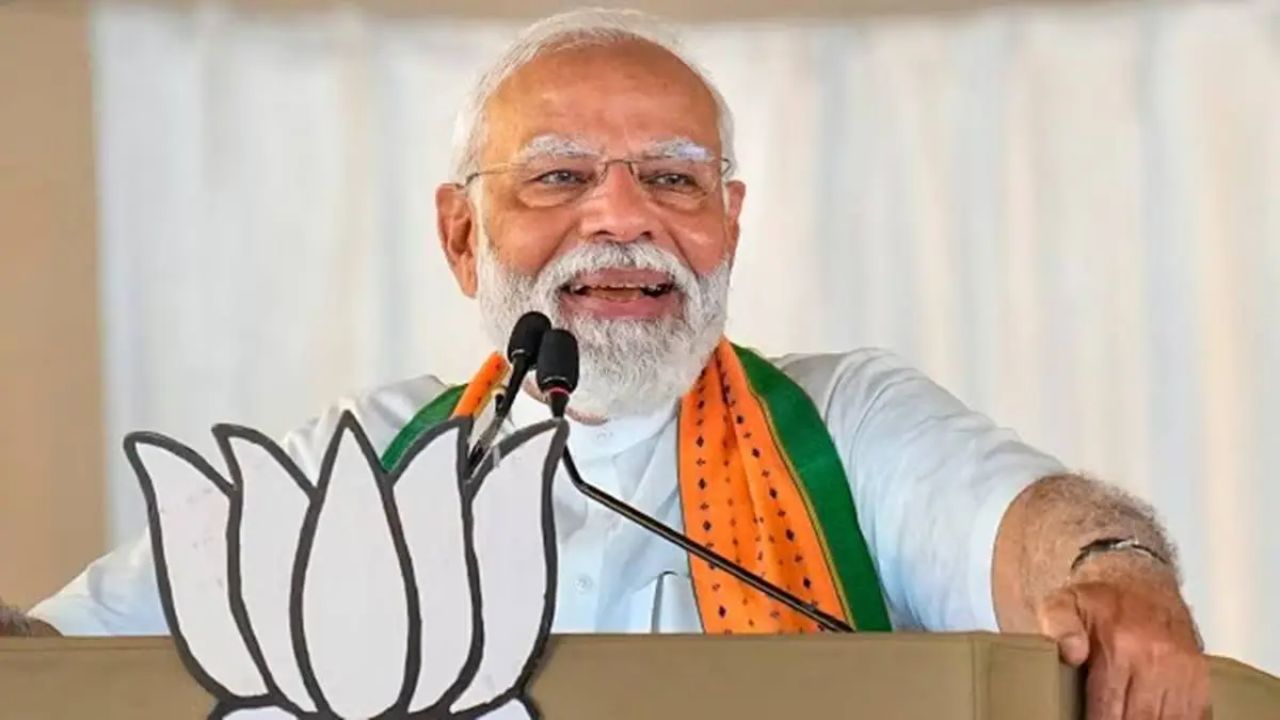Centre Took 5 Decades to Realize ‘Mistake’ of Placing RSS on ‘Ban List’: Madhya Pradesh High Court in Retired Official’s Petition
The Madhya Pradesh High Court noted on Thursday that it took the central government five decades to realize its "mistake" of wrongly placing the "internationally renowned organisation" Rashtriya Swayamsevak Sangh (RSS) on the list of

The Madhya Pradesh High Court noted on Thursday that it took the central government five decades to realize its “mistake” of wrongly placing the “internationally renowned organisation” Rashtriya Swayamsevak Sangh (RSS) on the list of organizations government officials cannot be associated with.
The court was hearing a petition filed by Indore resident Purushottam Gupta, a retired central government officer. Gupta, who approached the court in September 2023, argued that rules barring him from joining the RSS were “an impediment for him to gratify his desires at the dusk of his life.”
On July 10, just a day after the Centre issued a notification removing the RSS from the list of political organizations with which government officials cannot be associated, the Union of India filed an affidavit in court informing it of the order.
While disposing of the petition, a Bench of Justices S A Dharmadhikari and Gajendra Singh expressed regret, stating, “It took almost five decades for the central government to realize its mistake; to acknowledge that an internationally renowned organization like RSS was wrongly placed among the banned organizations of the country and that its removal therefrom is quintessential.”
The Bench added, “Aspirations of many central government employees of serving the country in many ways were therefore diminished in these five decades because of this ban, which got removed only when it was brought to the notice of this court via the present proceedings.”
Previously, the court had expressed displeasure over the ten-month delay in the case due to the Union of India’s failure to file a reply to Gupta’s petition, which was submitted through his lawyer Manish Nair. On May 22, Solicitor General of India Tushar Mehta appeared virtually before the court and requested more time to file a reply.
Commenting on the delay, the court said, “Perhaps there was never any material, study, survey, or report at the relevant point of time on the basis of which the ruling dispensation arrived at a satisfaction that involvement and engagement of central government employees even with the apolitical/non-political activities of RSS must be banned for maintaining the communal fabric and secular character of the country.”
The court criticized the issuance of office memorandums that “painted the whole universe of even the apolitical activities of RSS as communal, anti-secular, and against national interest,” noting that such decisions have “drastic consequences.”
The court emphasized that any executive or legislative decision infringing upon fundamental rights must be backed by cogent data, evidence, and material justifying the restrictions imposed by the government on its citizens. It advised that any future exercise to restore the RSS to the “don’t join” list should be preceded by intensive deliberations and supported by compelling evidence.
The Bench highlighted the widespread and varied apolitical activities of the RSS, noting its significant membership in religious, social, educational, health, and other non-political activities. It cited examples of RSS affiliates involved in apolitical work, such as the Rashtriya Seva Bharti and the Saraswati Shishu Mandirs, which provide education to students from impoverished backgrounds.
The court concluded that voluntary membership in a national and internationally acclaimed organization like the RSS, for non-political activities, cannot be prohibited through executive instructions. Such actions should be taken through duly enacted laws, preferably through amendments to the conduct rules if necessary.




